

Here is an informative article about respite care (for caregivers*):
In the United States today there are approximately 50 million people who are caring at home for family members including elderly parents, and spouses and children with disabilities and/or chronic illnesses. Without this home-care, most of these cared for loved ones would require permanent placement in institutions or health care facilities at great cost to our society.[1]
Even though most families take great joy in providing care to their loved ones so that they can remain at home, the physical, emotional and financial consequences for the family caregiver can be overwhelming without some support, such as respite. Respite provides the much needed temporary break from the often exhausting challenges faced by the family caregiver.
Respite is the service most often requested by family caregivers, yet it is in critically short supply, inaccessible, or unaffordable regardless of the age or disability of the individual needing assistance. While the focus has been on making sure families have the option of providing care at home, little attention has been paid to the needs of the family caregivers who make this possible.
Close to 80% of all long-term care is now provided at home by family caregivers to children and adults with serious conditions, including mental health issues, amyotrophic lateral sclerosis (ALS), multiple sclerosis (MS), traumatic brain injury, cancer, paralysis, developmental and physical disabilities, cognitive impairments and Alzheimer's disease. Parents and family caregivers are the backbone of the long-term care system and save health-care insurers and governments billions of dollars annually.
Research has shown that providing respite can have a positive effect on the health of the caregiver. Without respite, not only can families suffer economically and emotionally, caregivers themselves may face serious health and social risks as a result of stress associated with continuous caregiving. Three fifths of family caregivers age 19-64 surveyed recently by the Commonwealth Fund reported fair or poor health, one or more chronic conditions, or a disability, compared with only one-third of non caregivers.
*A widely-accepted definition of a carer/caregiver is:
“Someone whose life is in some way restricted by the need to be responsible for the care of someone who is mentally ill, mentally handicapped, physically disabled or whose health is impaired by sickness or old age.”

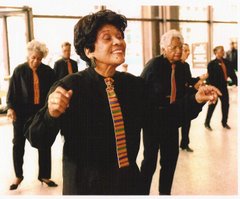
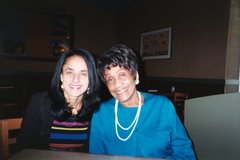
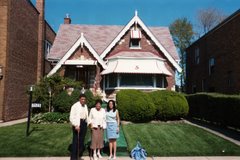
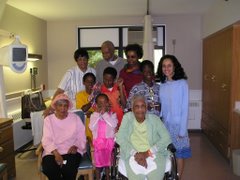

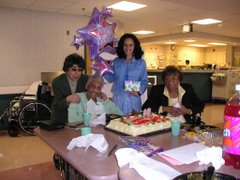
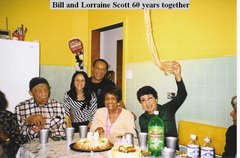



.jpg)
1 comment:
I am truly impressed with your site! This is amazing, and eventhough I have not read it all yet, it is quite great.
I took care of my mother for five years, and considered doing something like this. I just could not figure out what I could do to help caregivers. I also realized that they do not have time to even get on the computer.
I will pass this blog on to the many others that I know who have the same responsibility.
Thanks again for the information and sharing the life of you and your family.
My mother passed away the day after Mother's Day (2008), so I'm now living life after caregiving. Sometimes, that's not easy either.
You can contact me at Beyondthepanes@aol.com
Thanks again!
Kay
Post a Comment